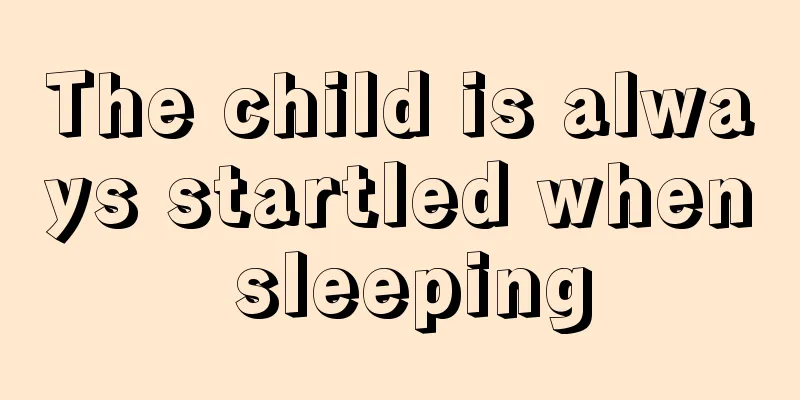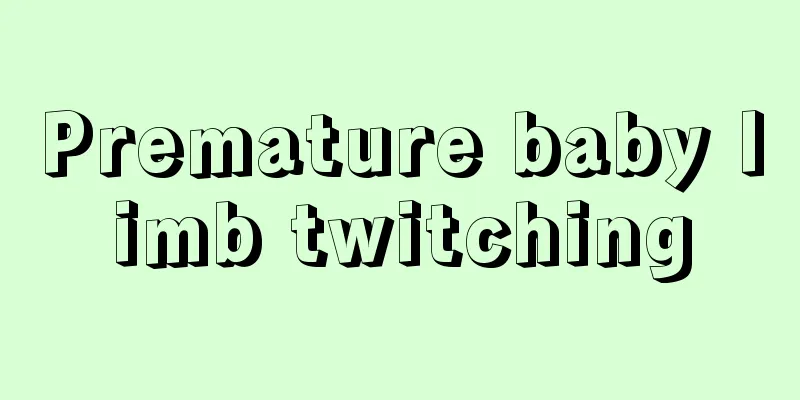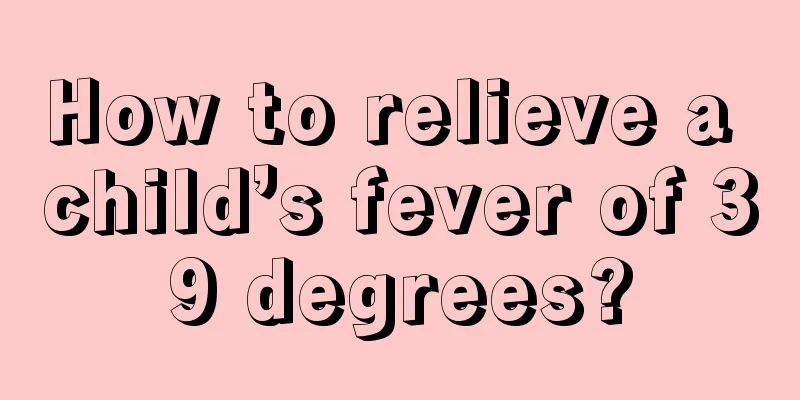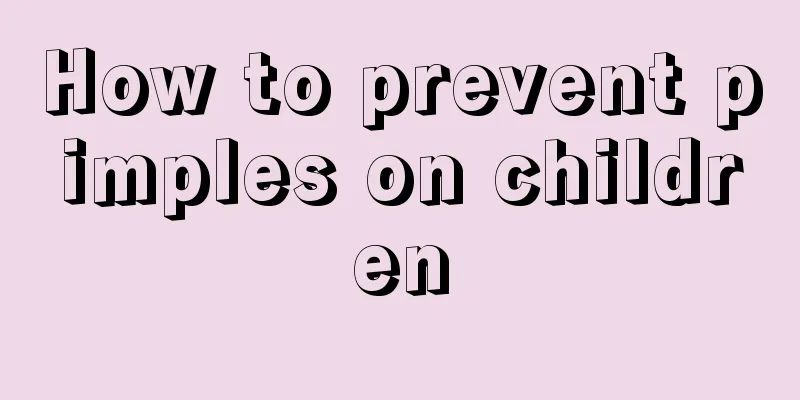What are the symptoms of a baby choking?
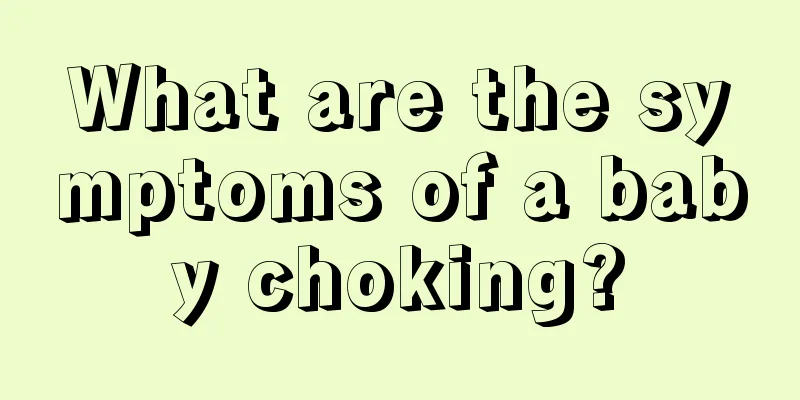
|
When babies first learn to eat, they like to eat by themselves, but parents should also watch over them. Because babies are not yet experienced in eating, they often eat too much at one time, which may cause them to choke. If the baby chokes, be sure to induce vomiting as soon as possible, allowing the baby to spit out the food by coughing, so as to avoid shock and other phenomena. So, what are the symptoms of a choking baby? First aid for choking babies Once a child chokes, parents should use the "golden four minutes" to provide first aid. If the choking object is not removed within 4 minutes, the child will be in danger of suffocation. For children who are conscious and choking, they should be urged to cough vigorously so that the airflow generated by the cough can expel the blockage or create a gap that allows them to breathe. While the choking child is trying to save himself, the parent should have him sit up straight with his upper body leaning forward, and then pat the child's back between the shoulder blades four times quickly and forcefully with the palm of your hand. For a child who is choking and unconscious, one person should hold the child's feet upside down and then hold the body at an angle, while another person presses down the child's tongue with one finger and pats the child's back between the shoulder blades four times quickly and forcefully with the base of the palm. If the child is choking on sticky food such as mooncake filling, you can let the child lie on his side and gently insert the index finger along the inner wall of the throat into the deep throat to take out or pick out the food. Finally, don’t forget to call emergency services while performing first aid at home! Symptoms of a choking baby
①Suddenly unable to speak while eating, and showing a suffocating and painful expression. ②The child usually presses his or her neck or chest with his or her hands and picks his or her mouth with his or her hands. ③If it is partial tracheal obstruction, symptoms such as severe coughing and wheezing between coughs will occur. Common causes of choking in babies 1. Feed children with peanuts, melon seeds, jelly and other foods Sweet jelly, crispy melon seeds and peanuts are all foods that children like to eat, but if you are not careful, these things may become "dangerous foods" that may choke children. The reason is that these foods are relatively small in size and can easily choke children. 2. The child cries or laughs loudly while eating When children are eating, some parents will make them laugh or scare them in order to coax them, thus making them cry. But these are very dangerous behaviors! If children play and laugh while eating, food is likely to fall into the trachea through the pharynx and cause choking. 3. Children play while eating
The child walks in front and the parents follow behind to feed him. This is probably a common scene in many families. But Stop! Stop this dangerous behavior! When children play with food in their mouths, it is easy for food to enter the trachea by mistake. In mild cases, it will cause severe choking, and in severe cases, it may cause suffocation. In addition, if a child falls while running around with a spoon in his mouth, the spoon may pierce the child's mouth or throat. 4. Small items are not placed properly Children are more interested in small things. If some objects that can be put into children's mouths are not placed properly, children can easily touch them and may eat them as food. Not only are these things easy to choke children, but once they are swallowed by children, the consequences may be more serious. If infants and young children swallow small smooth objects, they can be excreted with the feces; but if they swallow sharp objects, they can easily get stuck in the esophagus or digestive tract and can only be removed through surgery. In severe cases, it can be life-threatening. |
<<: Does your child have purulent discharge from his eyes?
>>: Early symptoms of convulsions in children
Recommend
What to do if your child's front teeth are broken
Bumps and bruises are inevitable in life. Many ch...
Factors that cause baby's pillow to get wet when sleeping
The body of a baby is relatively fragile, and the...
What causes headaches and vomiting in children?
Headache and vomiting in children is a common phe...
Why does a three-year-old child cry in the middle of the night?
We all know that children often cry when they wak...
A 10-year-old girl has a lump on one breast
Boys' testicles enlarge, girls' breasts b...
Why do girls mature early?
In our lives, many people say that for men and wo...
What to eat for children with gastroenteritis
Daily diet is very important for everyone. We all...
How to treat a six-month-old baby's cough
We all know that when we catch a cold, we usually...
What complementary food should a five-month-old baby eat?
What to feed a five-month-old baby is really a he...
What causes the child's swollen eyes?
In daily life, parents are very concerned about t...
Can I get vaccinated if I have tonsillitis?
Tonsils are mainly distributed on both sides of t...
How to make baby milk powder
Everyone knows that children's growth cannot ...
How to nourish your child's brain
Every parent hopes that their child will be intel...
What to eat for children with oral ulcers
As people’s life and work pressures continue to i...
How to treat enuresis in children?
If a child has enuresis, you should pay more atte...
